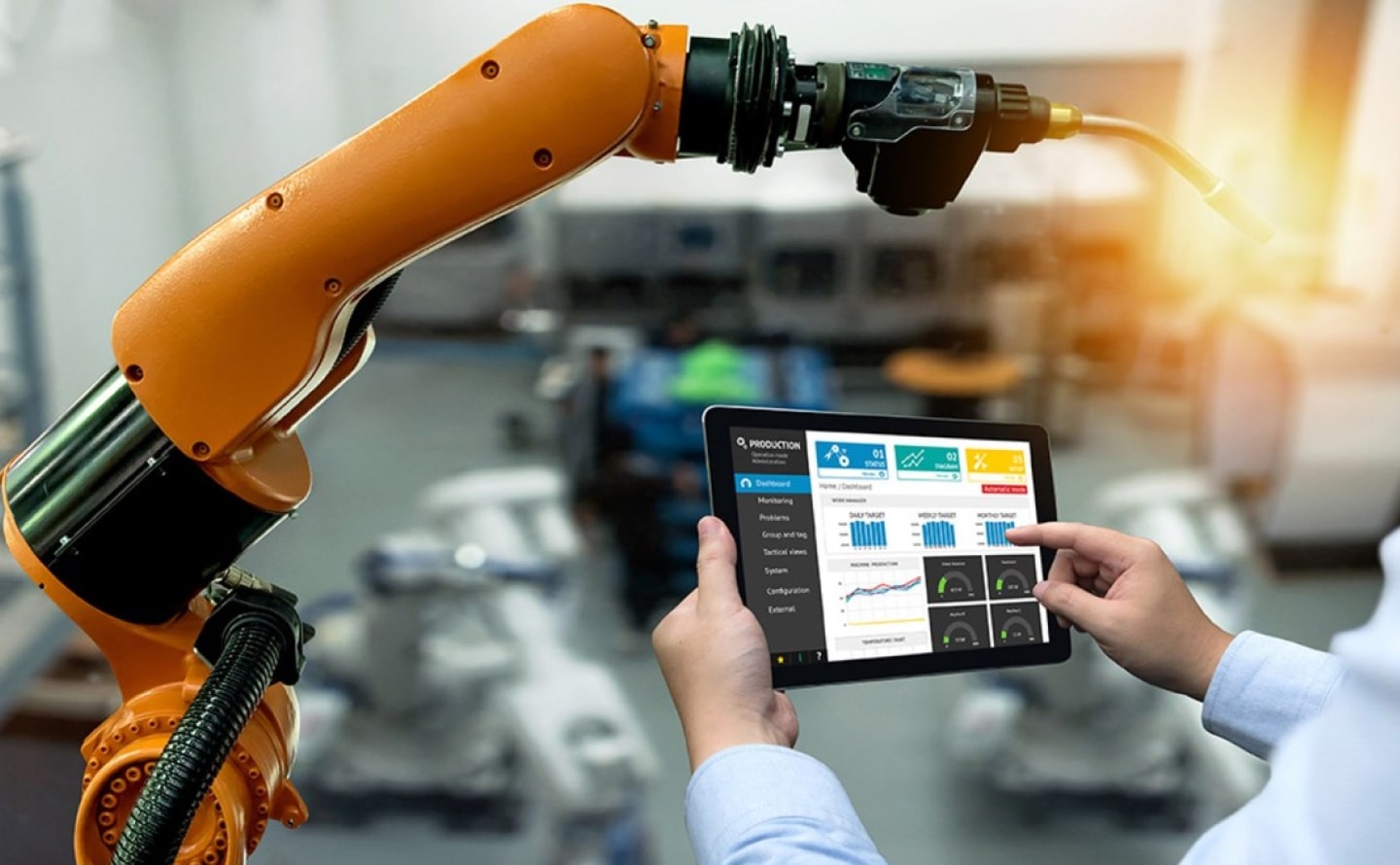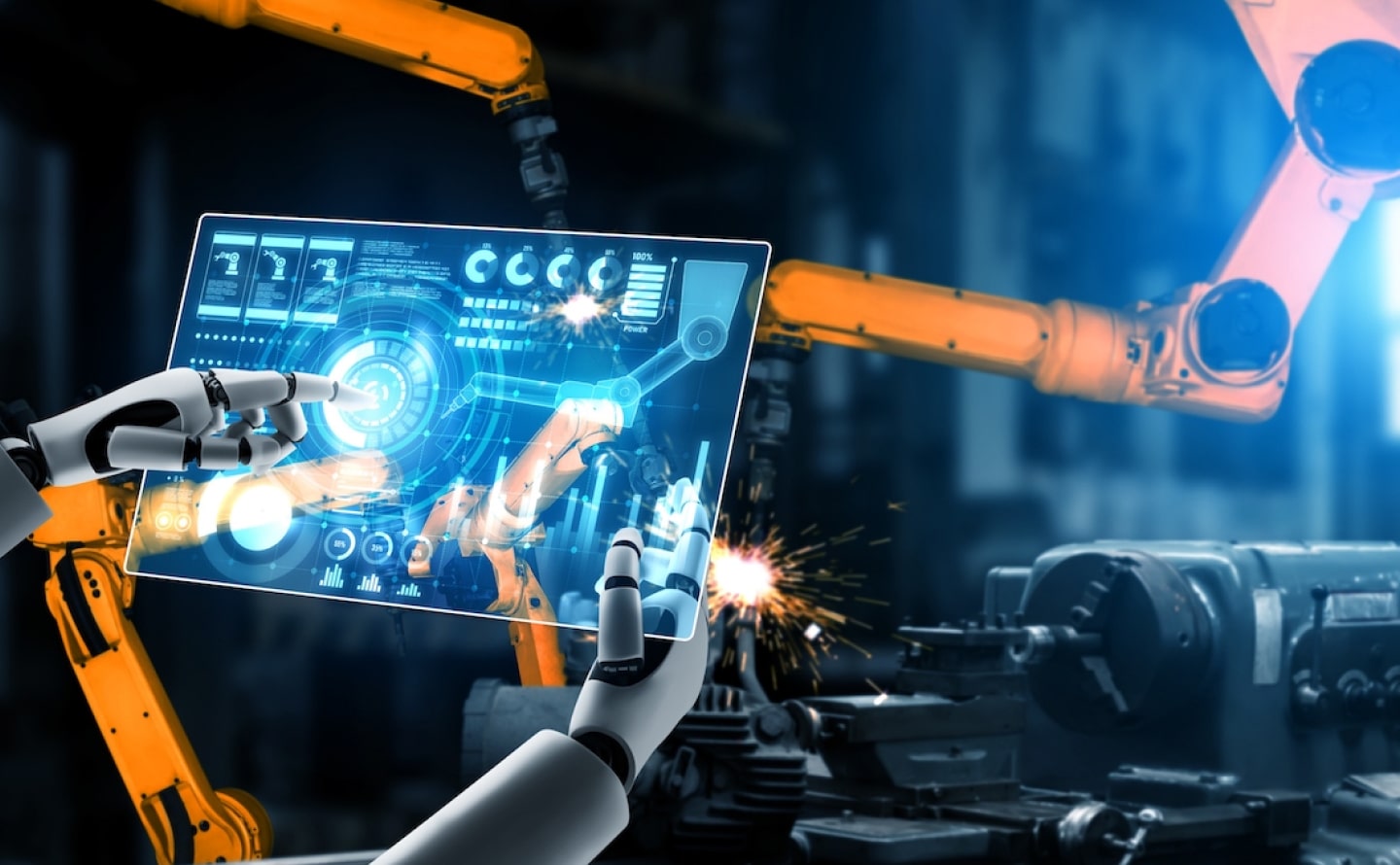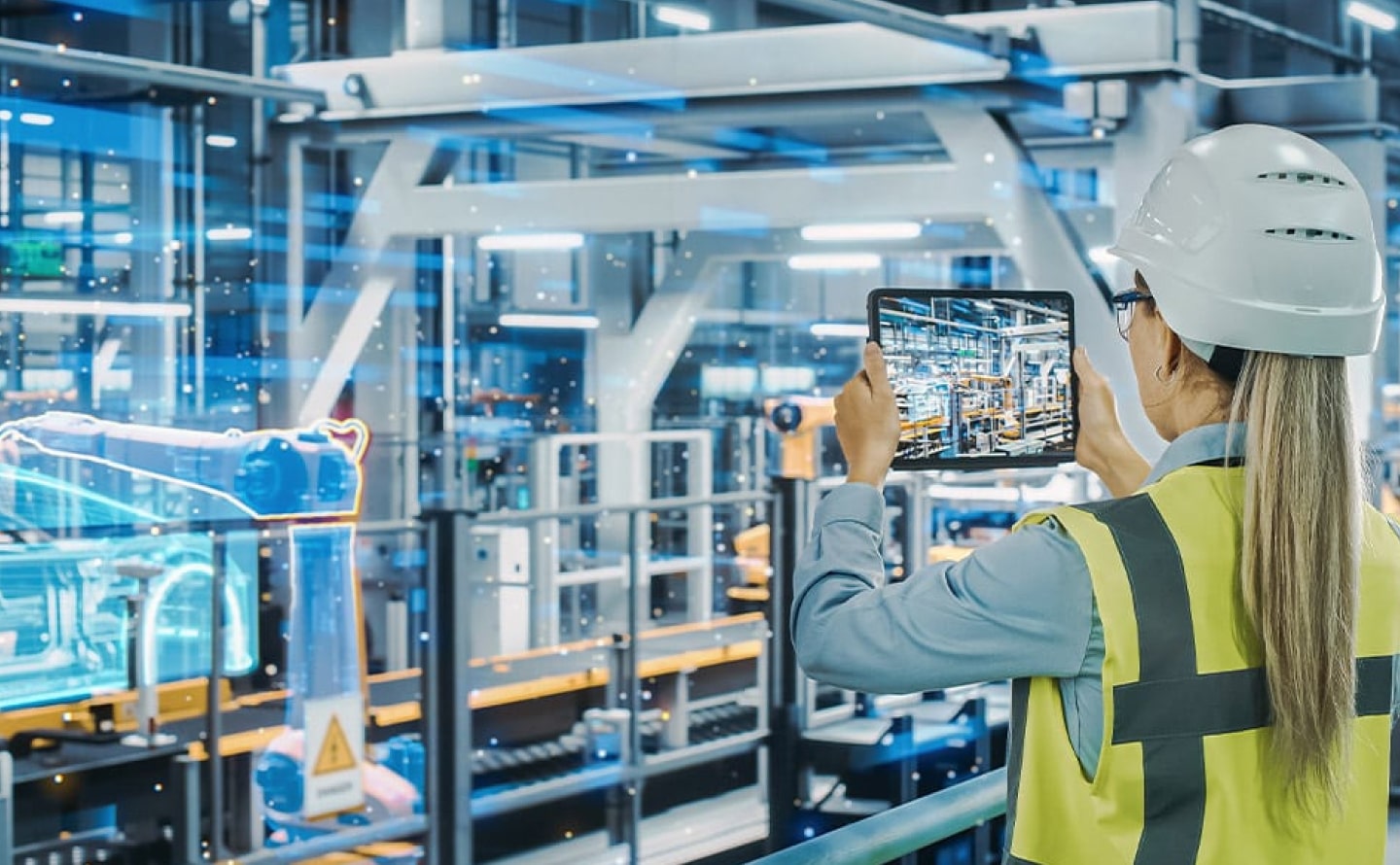About Us
Hekate is a pioneering Artificial Intelligence company founded in 2016 with the mission of “Bringing the benefits of AI to everyone”. We research and develop artificial intelligence in areas such as: Natural Language, Computer Vision, Machine Learning, Big Data Analytics









